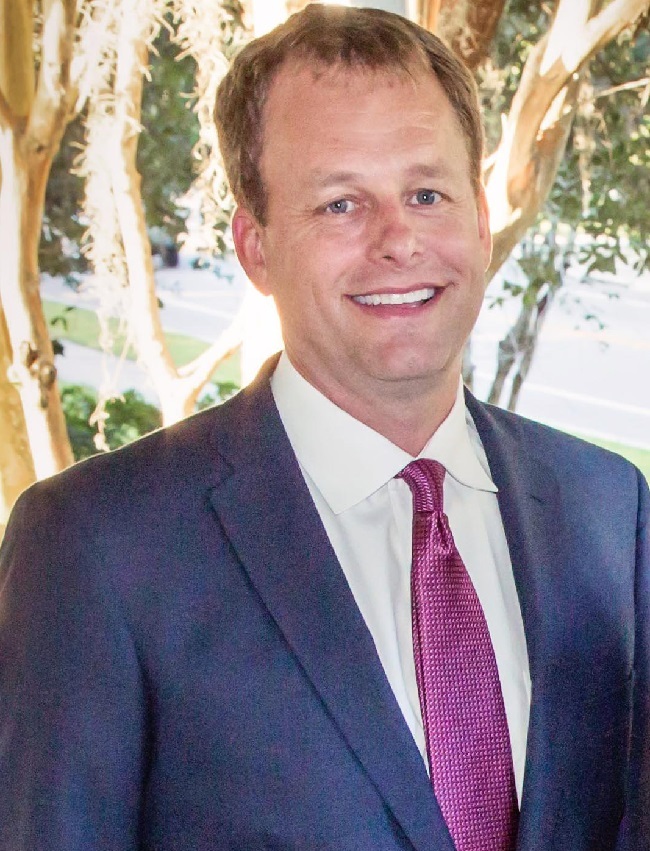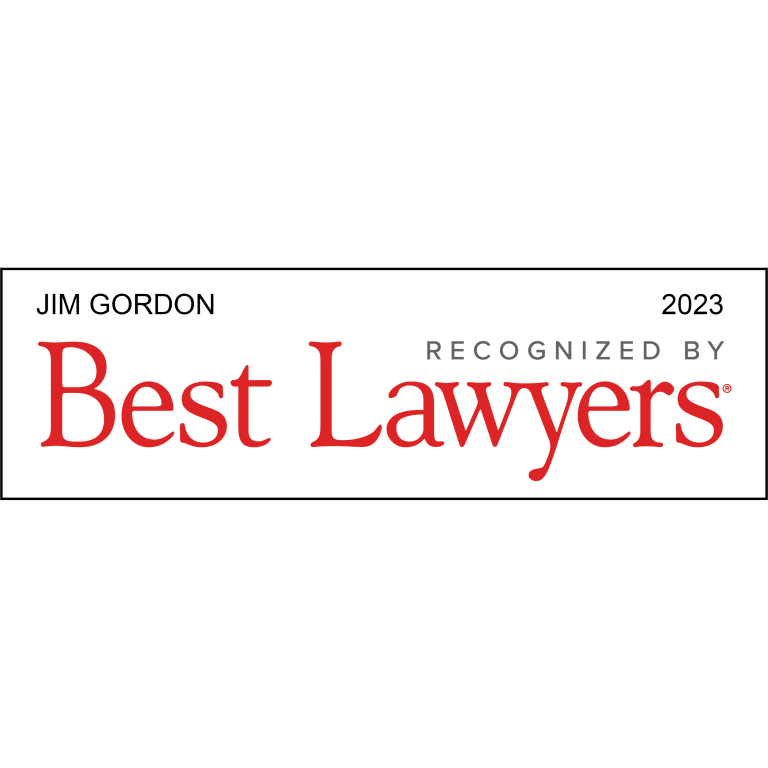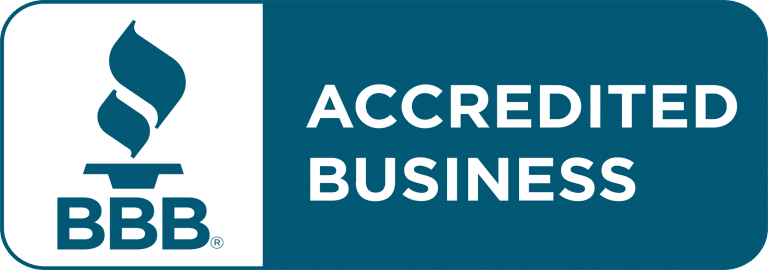How To Deal With Insurance Companies After An Accident
Posted on: February 6, 2024
Here’s how to deal with insurance carriers after a car accident.
In the days and weeks immediately following a car accident, it’s normal to feel overwhelmed. But between your injuries, doctor’s appointments, and the stress surrounding the event, there’s one stressful task that stands out—dealing with the insurance company.
Since Florida is a No Fault state, many accident victims are under the impression that car insurance claims will go smoothly. Unfortunately, our experience as personal injury attorneys has shown us that this is rarely true.
How you deal with the insurance company is one of the most important factors in determining the success of your car accident claim. Here are our top five tips for how to deal with the at fault driver’s insurance company (or your own!) to make your case easier.

Tip #1: The Insurance Company Is Not Your Friend
One of the biggest personal injury myths is the belief that your insurance company will quickly and gladly cover all of your expenses following an accident.
The truth is that your insurance company is a business, and the ultimate purpose of a business is to make money. Unfortunately, this usually means paying as little as possible on your claim.
Sometimes this means that the insurance company will act as your “friend” and offer you a couple thousand dollars in compensation while inferring that there could be more. Then, they have you sign a release for the pittance of money that releases all claims you will ever have. This means you are no longer able to get the additional needed money (even if your medical costs keep growing).
Or your own insurance company will infer that you can get all of the necessary medical treatment that you need using the $10,000 in PIP benefits that are part of your insurance coverage. Then, they will send you to their chosen doctor who will say that you do not need further medical treatment and your own insurer will stop paying for needed treatment.
Keep this simple fact in mind: the insurer is in the market to make money and will act in their own interests.
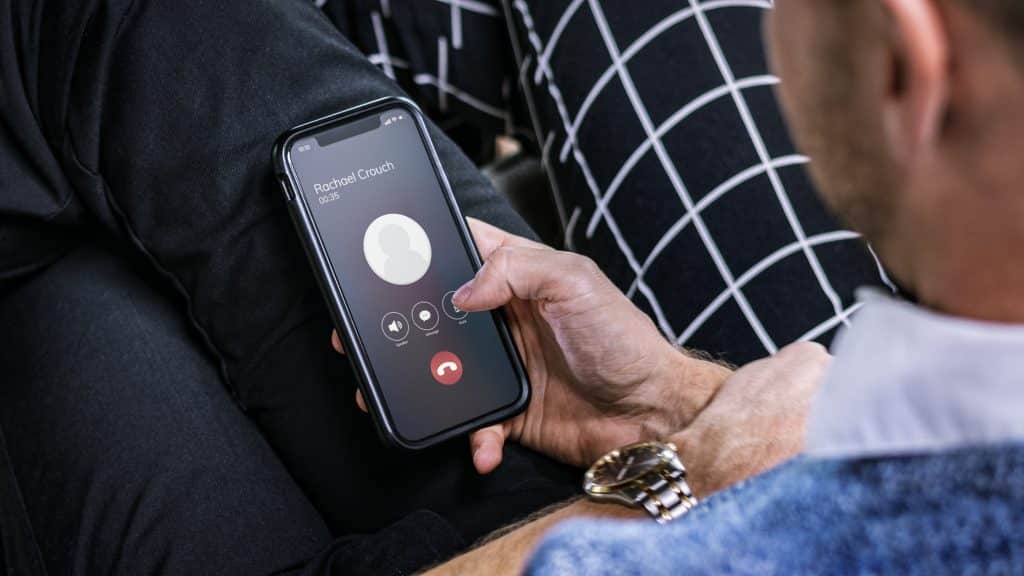
Tip #2: Limit Communication With The Insurance Company
Other than filing an accident claim, you are not obligated to speak to the other insurance company after your accident.
In some cases, you may be asked to give a recorded statement or to answer additional questions regarding your accident, but remember tip #1? In all likelihood, this is just to get you to “slip up” and say something they can use to devalue your claim.
And if you’re wondering how to deal with the at fault driver’s insurance company? The answer is simple: don’t.
Under no circumstances are you required to speak to the at fault party or their insurance company. Again, they will be looking for ways to downplay your damages or get you to admit to having some degree of fault for the accident. Don’t make it easy for them to do so!

Tip #3: Watch Your Words
After an accident, it’s very normal for your adrenaline to skyrocket, leaving you feeling agitated or confused. This is not the time to file an accident claim!
Instead, wait until the next day to contact your insurance company. This will give you enough time to calm down and gather your thoughts. More importantly, most people’s injuries manifest throughout the day of the crash and into the night, causing them to wake up in pain. However, if you call from the scene and say that you were not injured, the insurance company will document this and try to use this against you.
When you do speak to them, here are three key tips to keep in mind:
- Be clear. Don’t use phrases like “I think” or “I assumed.” Stick to the facts, leaving your opinion out of it. When in doubt, saying “I don’t know” is better than giving an answer that may come back to haunt you. You should never guess because if you guess and are wrong, it can and will be used against you.
- Don’t admit fault or use phrases that may be interpreted as such. Even saying things like “I’m sorry” or “I accidentally…” can be used as evidence that you were at fault. Yes, it is a common reaction to make such a statement, but it is also common for those words to be used against you.
- Don’t downplay your injuries. Even saying something as innocuous as “I’m fine” can inadvertently send the wrong message. The truth is that you cannot be sure that you are fine until some time has passed and potentially you have seen a doctor. Car accident injuries may take several days or more to start showing symptoms.
Tip #4: Don’t Accept the First Settlement Offer
After decades as car accident attorneys, we can assure you that the insurance company’s first offer is never their best!
Instead, the insurance company will often lowball you by downplaying your injuries or arguing that you had a pre-existing condition. To an accident victim facing lost wages and a stack of medical bills, that offer can seem tempting. It is also tempting to put the whole situation behind you and move forward with your life. However, that first offer is rarely enough to fully compensate you.
What the insurance company won’t tell you is that you can negotiate this settlement amount, but you should never attempt to do this without legal representation.
A car accident lawyer can give you an idea of how much to expect from your car accident settlement (based on similar cases), negotiate on your behalf, and recognize a fair offer.
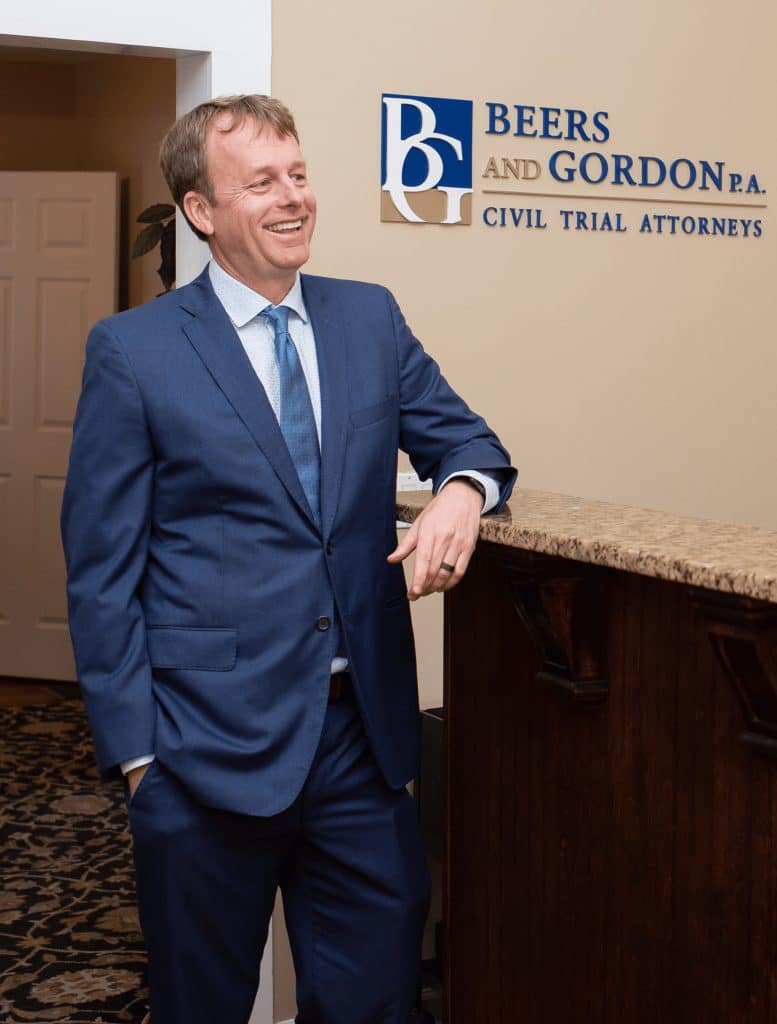
Tip #5: Direct Them To Your Attorney
After you have filed your claim and given the initial report of the accident to your own insurance company, any further communications should be directed to your lawyer. (This is their job!)
Whether you are recovering from an injury or you suffered only property damage, having an attorney greatly increases your odds of a favorable settlement. Remember, your attorney does not get paid unless they win your car accident case, and their payment is taken from your settlement amount, not out of your pocket!
Don’t Get Taken For a Ride
The whole point of having insurance coverage is to receive compensation in the event of an accident. Yet whichever insurance company you turn to—yours or the at fault party’s—expect that they will look out for their own bottom line, not yours.
This is exactly why you need a car accident attorney on your side who has the experience required to take on the insurance company and get you the compensation you deserve.
Before starting Beers & Gordon P.A., our attorneys worked on behalf of insurance companies. The experience we received has given us unprecedented insight into how the insurance company will treat you and your case. We know how insurance representatives think and can use that knowledge to benefit you to get you the compensation you deserve.
Contact us today for a free consultation with an attorney to see what you can expect from your case.

